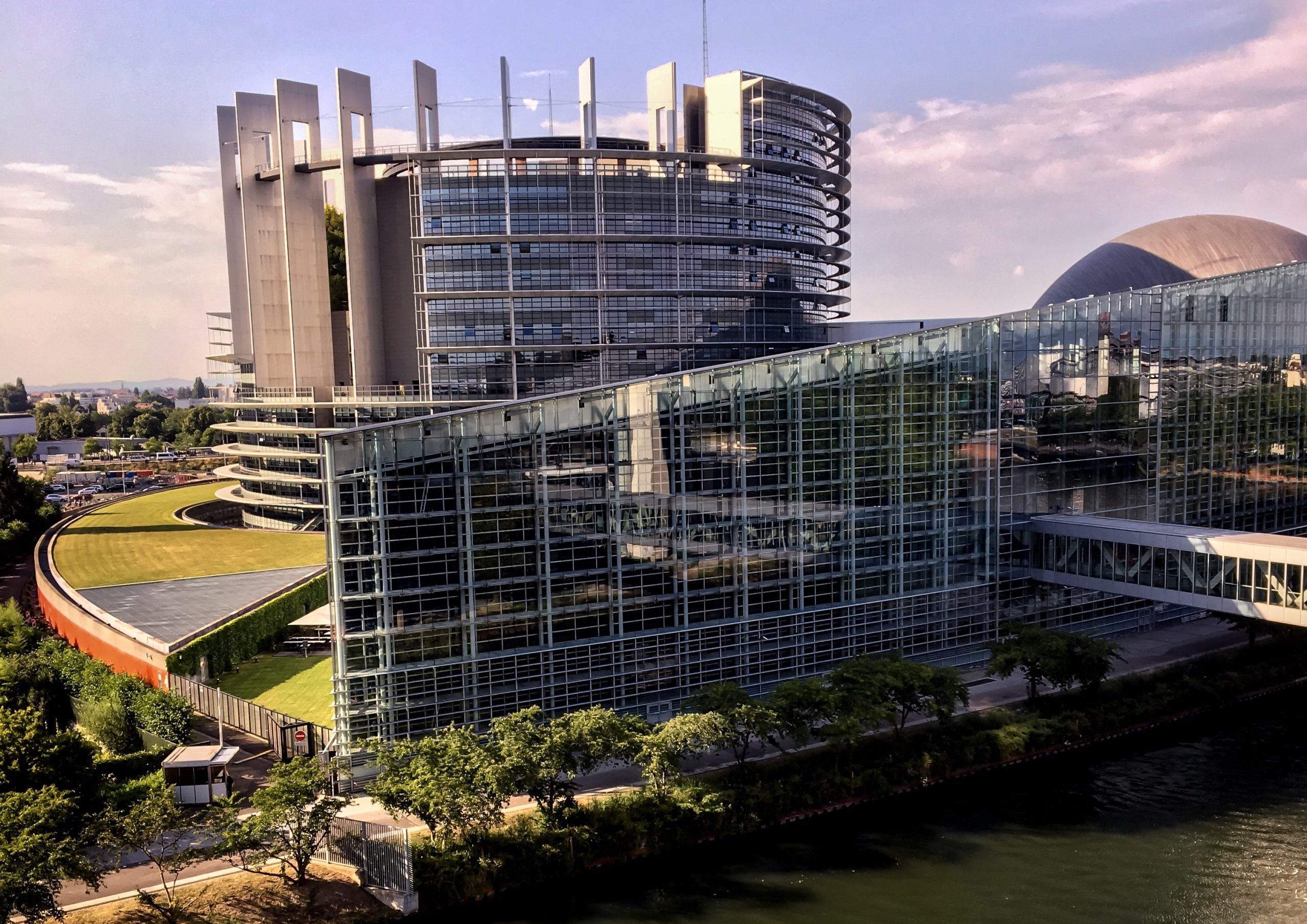MEPs emphasise circular focus in EU social economy action plan

On June 6th, 2022 the European Parliament adopted its own-initiative report on the EU action plan for the social economy (2021/2179(INI)), setting up its own vision for an ambitious plan that reflects the needs and aspirations of social economy actors across Europe, such as social enterprises involved in the circular economy.
RREUSE warmly welcomes the own-initiative report and praises the MEPs who worked on it that highlighted the prominent contribution of the social economy in advancing the circular transition, creating jobs accessible to most, besides contributing to the wellbeing and mental health of its employees. By calling on the European Commission and Council of the EU for a comprehensive Social Economy Action Plan (SEAP), the INI report consolidates the importance of implementing measures that take into account the heterogeneity of the social economy and its notable contributions to work integration and an inclusive circular transition, among other key elements.
The report sheds light on the remarkable role of social economy actors as an intrinsic part of the European social model that provides access to essential services and job creation at the local level. RREUSE estimates its network of social enterprises involved in waste management contributes to the creation of around 70 jobs per 1,000 tonnes of material collected for reuse[1]. By being active players in the reuse, repair, and recycling activities of items such as textiles, ICT products, and furniture, RREUSE’s network is a perfect example of actors with an innate social and environmental raison d’être that contributes to comprehensive sustainable solutions across different industrial ecosystems, such as the proximity economy[2] and textile sector[3].
‘Social enterprises whose own nature is to contribute to solidarity and circular objectives are remarkable actors that demonstrate it is possible to find solutions for today’s biggest challenges that equally benefit people and the environment.’
Simone Schirru, Policy Officer in Social Affairs, RREUSE
Among other things, RREUSE applauds the emphasis within the report to ensure the upcoming Council recommendation on developing social economy framework conditions (2023) lists circular policy among the cross-cutting areas of work of social enterprises. Not only to not acknowledge this would be a disservice to the decades-long contribution of social economy actors to inclusive circular solutions, but it is crucial to send a clear signal to the Member States that the social economy should be considered when designing circular measures and beyond.
The RREUSE’s network of social enterprises involved in the circular economy will continue collaborating with the EU institutions to ensure the Social Economy Action Plan will unfold with concrete measures to overcome some of its most serious challenges. These include, as highlighted within the report, and albeit not exclusively, public procurement processes that primarily focus on the lowest price and isolate green requirements from the social – de facto hindering upscaling opportunities -, access to funding at the municipal and local levels, and lack of visibility for a sector that easily taps into consumers’ increasing interest in buying social and green.[4]
As a result, RREUSE encourages the EU institutions to include these recommendations for a comprehensive plan, in line with our SEAP analysis.
- Mainstream the social economy within circular policies and beyond.
- Recognise the intrinsic value of social enterprises active in the circular economy, for instance, by ensuring the effective implementation of social clauses and reserved contracts in public procurement procedures, for the employment of disadvantaged workers and the creation of local green jobs.[5]
- Improve access to funding for social enterprises, for instance by earmarking 10% of relevant EU funding for the support of the social economy in the upcoming MFF.
- Acknowledge social enterprises’ role in upskilling and reskilling that ensures an inclusive green as well as digital transition.[6]
- Utilise the European Semester potential as a monitoring instrument for the European Commission for the effective implementation of measures in support of the social and circular economies.
- Finally, echoing the EP’s INI report, RREUSE calls for the effective implementation on the ground of the transition pathway processes and additional information on how it will interact with regional and local initiatives.[7] [8]

